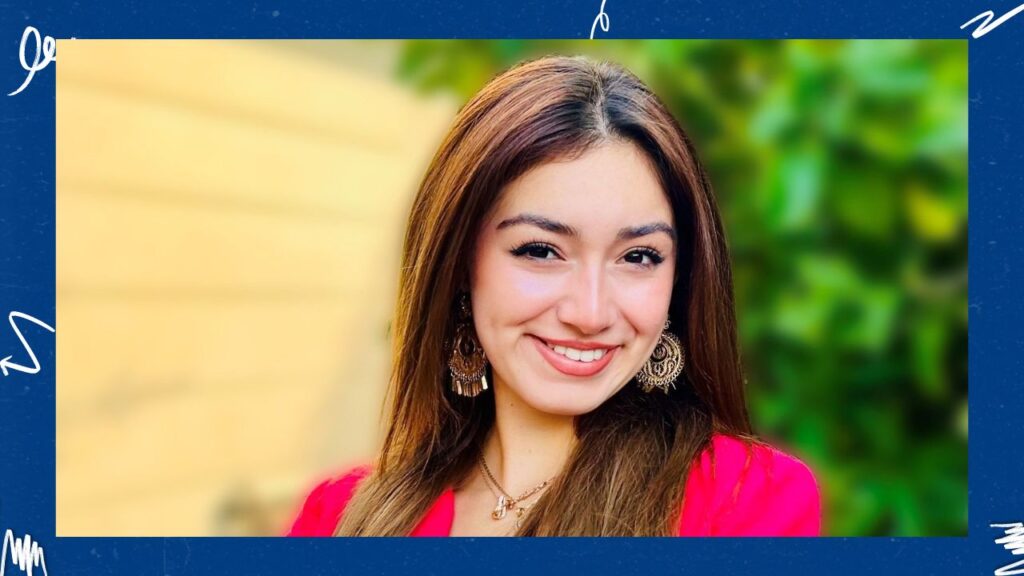How my Buddhist BFF helped my Catholic faith
By Lupita, age 17, Ambassador with Springtide Research Institute

Springtide Research Institute is a nonpartisan, nonprofit organization, that delivers accessible social-scientific research on young people ages 13-25. Springtide is paying particular attention to the changing landscapes of meaning, identity, and community when it comes to understanding emerging generations. One way they do this is through facilitating the Springtide Ambassadors Program which is open to teens and young adults throughout the U.S. Springtide Ambassadors help shape the research efforts and community engagement of Springtide. Through collaboration and reflection, Ambassadors actively contribute to national research projects and publications sharing their insights, perspectives, and experiences. 2024 Ambassadors were recently invited to submit a piece to Faith Counts that responded to the following prompt:
Discuss an interfaith experience you’ve encountered personally or observed in your community. Reflect on how this experience challenged or enriched your understanding of religious diversity, tolerance, and cooperation. Consider the impact of interfaith dialogue on promoting harmony and understanding among different religious traditions.
Below is an essay we’re thrilled to share from Springtide Ambassador, Lupita, age 17:
Whenever people visit my home, I get told that my house looks like a church. Being a Mexican Catholic means that in every corner of your house, there’s an altar waiting to be prayed at. Being a Mexican Catholic means making sure every room in the house has at least one santito (statue of a saint) waiting to be touched before you leave the house. Being a Mexican Catholic means being blessed by the whole family, led by your abuelita (grandmother), before going off on a big trip, especially college.
Being a Mexican Catholic means having an unwavering faith that is never questioned. At least, this is my experience. I grew up with a mother who taught in the religious studies department at Santa Clara University and wrote a book about the life-giving aspects of Catholicism and, at the same time, outwardly criticized the Catholic church for its enforced silence and taboos about women’s bodies. I grew up seeing the Catholic Church as a complex and flawed institution that had goodness, yet that goodness was not complete.
MORE: Gen-Z voices experience their neighbor’s faith
Going to Catholic schools all my life, I was often, if not constantly, surrounded by students with the same faith background. Only in my high school years was I introduced to multiple faith traditions, most of which I already had a basic understanding of. I finally had the opportunity to learn more and befriend students practicing some of these religious traditions.
I met my closest friend during my first year of high school. She and I instantly clicked, and we had much in common. It wasn’t until later that we got into the topic of religion, and I found out she was a Buddhist. Religious or political differences never stop me from pursuing friendships, as a person is more than what they practice or believe in. Religious and political ideologies are simply a piece of the complexity of one’s character, and my friend being Buddhist made me even happier to be her friend as it meant I got to learn even more from her as a person. Within the three years that I have known her, I have grown to learn more about Buddhism and its relation to her Vietnamese familial traditions.
She taught me that Buddhism respects everyone and their choices in life. Buddhism does not judge people as long as they do not hurt others. These beliefs resonated with me. Seeing this acceptance from another religion taught me that Catholicism can do the same.



